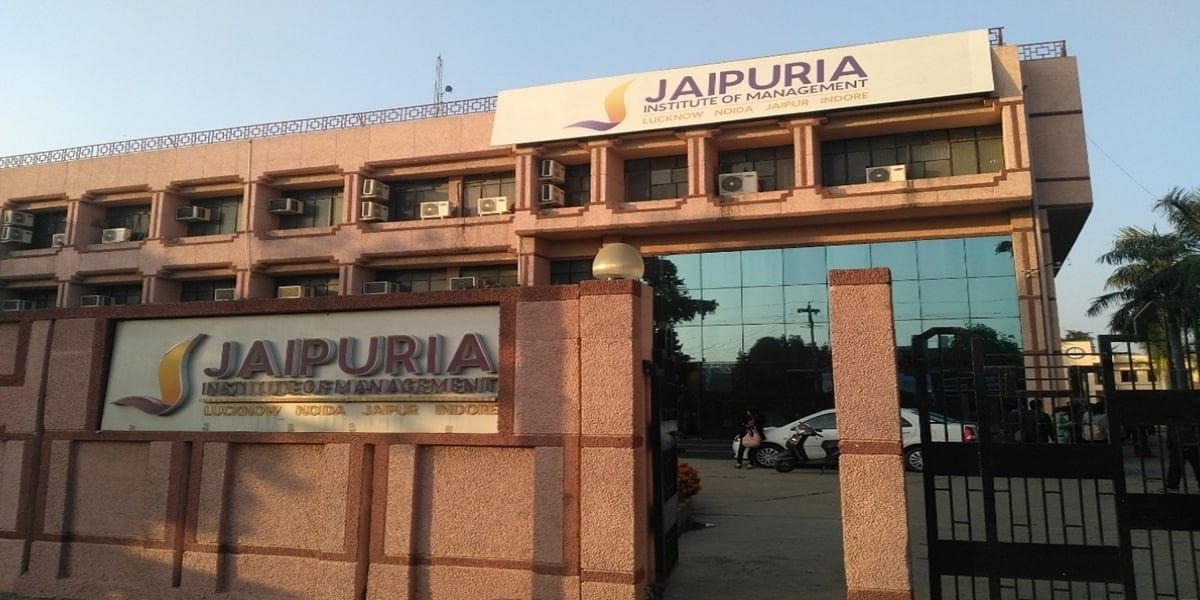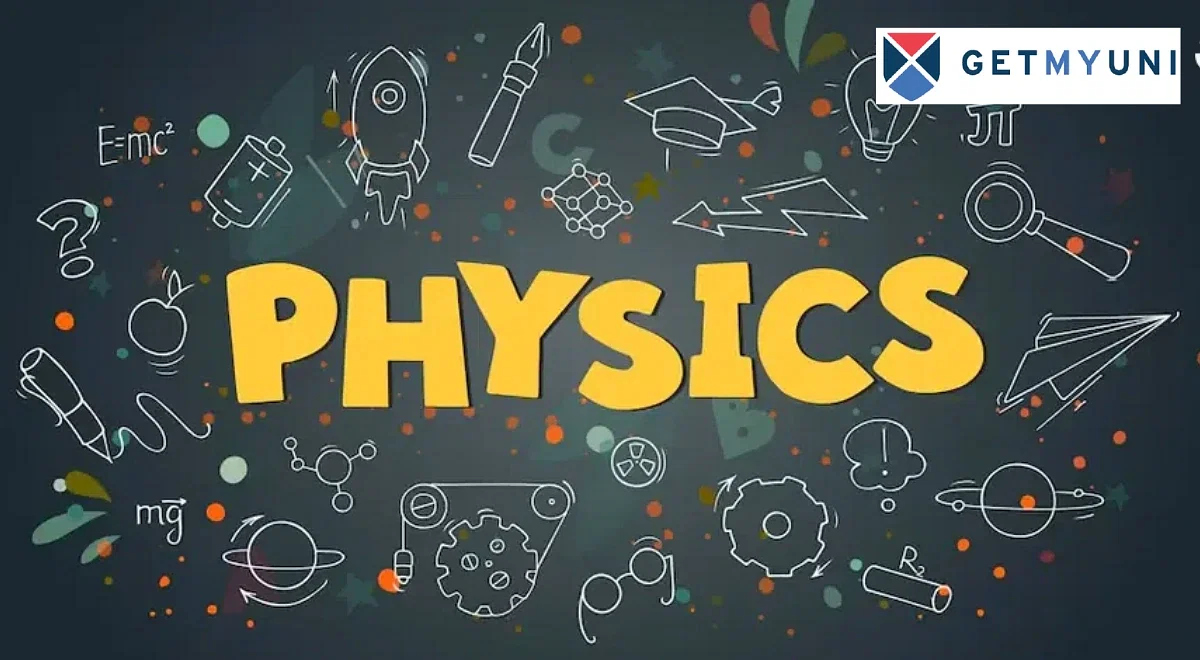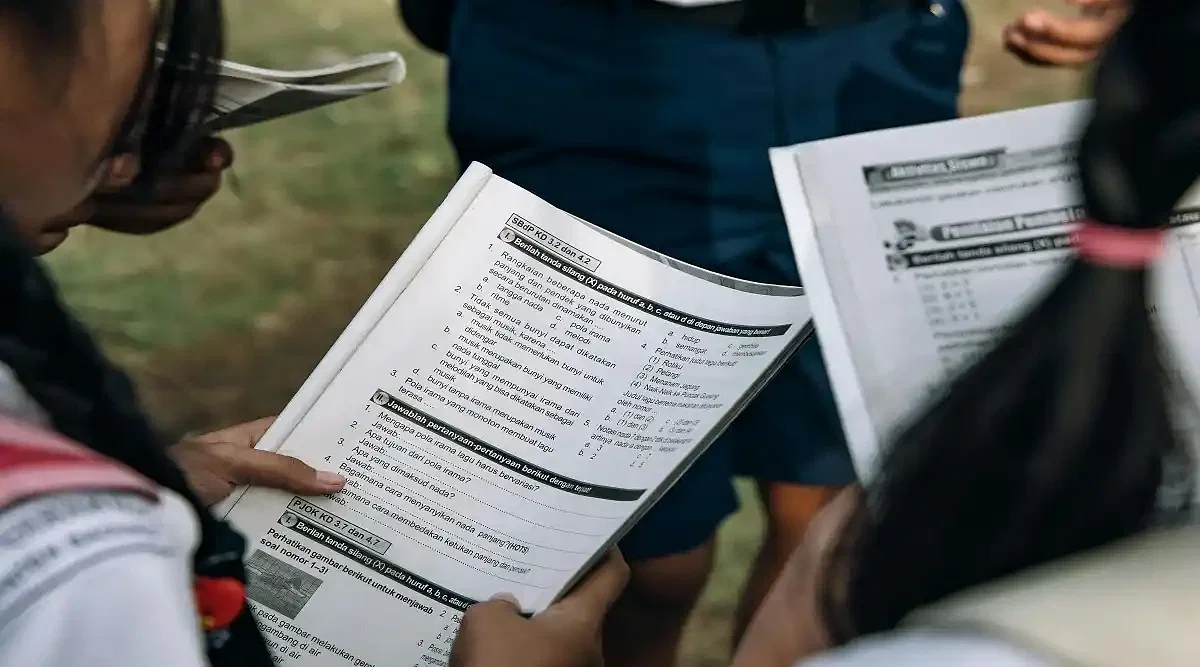CBSE Class 12th Political Science Syllabus 2024-25: Download PDF

Table of Contents
CBSE class 12th Political Science syllabus 2024-25 for the theory exam is broadly categorised into 2 parts: Part A (Contemporary World Politics) and Part B (Politics in India since Independence). Each of these parts consists of 7 units and carries 40 marks each in the Political Science exam of class 12th. Moreover, the syllabus also includes complete details of the project work.
Students who choose political science in CBSE class 12th are provided with the ability to learn about the various ideas in the field, enabling them to become global leaders and acquire understanding, application, and evaluation skills.
CBSE Class 12th Political Science Syllabus 2024-25: Download PDF
The CBSE class 12th 2024-25 Political Science syllabus is available on the official website. Students can download it in PDF format to start their preparation. Furthermore, the updated syllabus includes course structure, project details, and guidelines. Refer to the table below for more information.
| Particulars | PDF Link |
| CBSE 12th Political Science Syllabus 2024-25 | Download Now |
CBSE Class 12th 2024-25 Political Science Syllabus: Course Content
CBSE class 12th Political Science syllabus 2024-25 gives students the knowledge they need to participate in the political processes around them and to help them understand how the past has influenced the present. Candidates can refer to the course content of the detailed syllabus here.
| Chapter Details | Marks |
| Part A: Contemporary World Politics | |
| The End of Bipolarity: Disintegration of Soviet Union, Unipolar World, Middle East Crisis – Afghanistan, Gulf War, Democratic Politics and Democratization – CIS and the 21st Century(Arab Spring). | 22 Periods |
| New Centres of Power: Organizations: European Union, ASEAN, SAARC, BRICS. Nations: Russia, China, Israel, India, Japan and South Korea. | 18 Periods |
| Contemporary South Asia: Conflicts and efforts for Peace Democratisation in South Asia: Pakistan, Nepal, Bangladesh, Sri Lanka, Maldives. | 18 Periods |
| United Nations and its Organisations: Principal Organs, Key Agencies: UNESCO, UNICEF, WHO, ILO, Security Council and the Need for its Expansion. | 10 Periods |
| Security in the Contemporary World: Security: Meaning, Type, Terrorism. | 12 Periods |
| Environment and Natural Resources: Environmental Movements, Global Warming and Climate Change, Conservation of Natural Resources. | 12 Periods |
| Globalisation: Globalization: Meaning, Manifestation and Debates. | 12 Periods |
| Part B: Politics in India since Independence | |
| Challenges of Nation-Building: Nation and Nation Building. Sardar Vallabh Bhai Patel and Integration of States. Nehru’s approach to nation-building; Legacy of partition: challenge of ‘refugee’ Resettlement, the Kashmir problem. Political conflicts over language. LinguisticsOrganisation of States. | 16 Periods |
| Planned Development: Changing nature of India’s Economic Development Planning Commission and Five Year Plans, National Development Council, NITI Aayog. | 08 Periods |
| India’s Foreign Policy: Principles of Foreign Policy; India’s Changing Relations with Other Nations: US, Russia, China, Israel; India’s Relations with its Neighbours; Pakistan, Bangladesh, Bhutan, Nepal, Sri Lanka and Myanmar; India’s Nuclear Programme. | 20 Periods |
| Parties and Party System in India: One Party Dominance, Bi-Party System, Multi-Party Coalition System. | 30 Periods |
| Democratic Resurgence: Jaya Prakash Narayan, Total Revolution, Ram Manohar Lohia, Socialism, Pandit Deendayal Upadhyaya, Integral Humanism, National Emergency, Democratic Upsurges – Participation of the Adults, Backwards and Youth. | |
| Regional Aspirations: Rise of regional parties. Punjab Crisis. The Kashmir Issue, Movements for Autonomy. | 36 Periods |
| Indian Politics: Recent Trends and Development: Era of Coalitions, National Front, United Front, United Progressive Alliance (UPA)– I & II, National Democratic Alliance (NDA) I, II, III & IV, Issues of Development and Governance. | |
CBSE Class 12th Political Science Syllabus 2024-25: Course Structure
CBSE students can refer to the CBSE class 12th 2024-25 Political Science syllabus and chapter-wise marking distribution to prepare efficiently and focus more on important chapters:
| Chapter No. | Chapter Name | Marks Allotted |
| PART A- Contemporary World Politics | ||
| 1 | The End of Bipolarity | 6 |
| 2 | Contemporary Centres of Power | 6 |
| 3 | Contemporary South Asia | 6 |
| 4 | International Organizations | 6 |
| 5 | Security in the Contemporary World | 6 |
| 6 | Environment and Natural Resources | 6 |
| 7 | Globalisation | 4 |
| Total | 40 | |
| PART B- Politics in India Since Independence | ||
| 1 | Challenges of Nation-Building | 6 |
| 2 | The era of One-Party Dominance | 4 |
| 3 | Politics of Planned Development | 2 |
| 4 | India’s External Relations | 6 |
| 5 | Challenges to and Restoration of the Congress System | 4 |
| 6 | The Crisis of Democratic Order | 4 |
| 7 | Regional Aspirations | 6 |
| 8 | Recent Developments in Indian Politics | 8 |
| Total | 40 | |
| Overall Marks | 80 | |
CBSE Class 12th Political Science Syllabus 2024-25 Project Details
Candidates can refer to the below-mentioned points for the project details of the CBSE class 12th 2024-25 political science syllabus.
- Project work will be implemented for 20 marks.
- Out of 20 marks, ten marks are to be allotted for viva voce and ten marks for the project.
- For class XII, the evaluation for 20 marks project work should be done jointly by the internal as well as the external.
- The project can be individual/pair/group of 4-5 each. The project can be done on any of the topics given in the syllabus of a particular class.
- The suggestive list of activities for project work is as follows: Role Play, Skit, Presentation, Model, Field Survey, Mock Drills/Mock Event, etc.
- The teacher should give enough time for the preparation of the project. Topics for Project Work taken up by the student must be discussed by the teacher in the classroom.
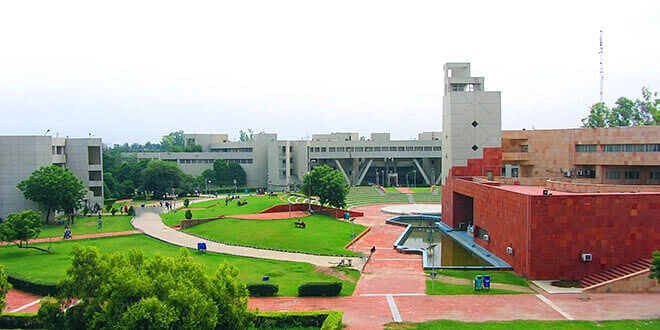



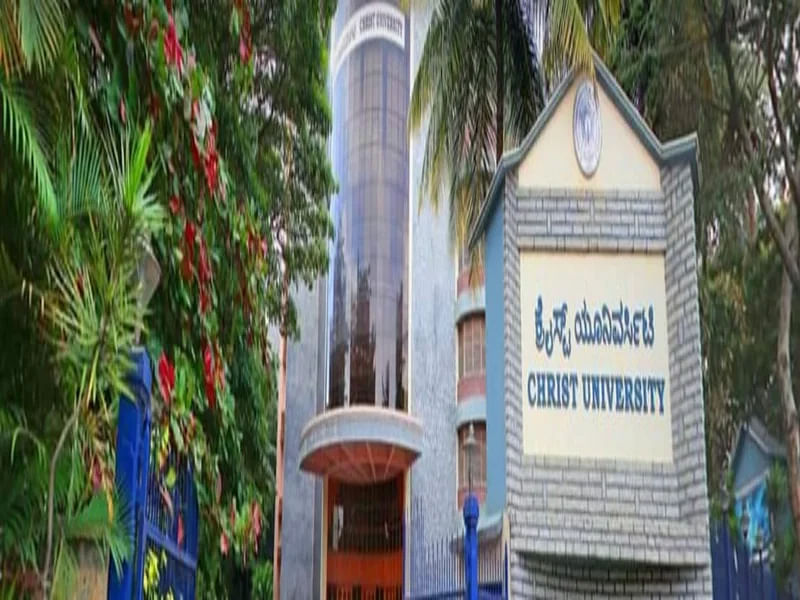

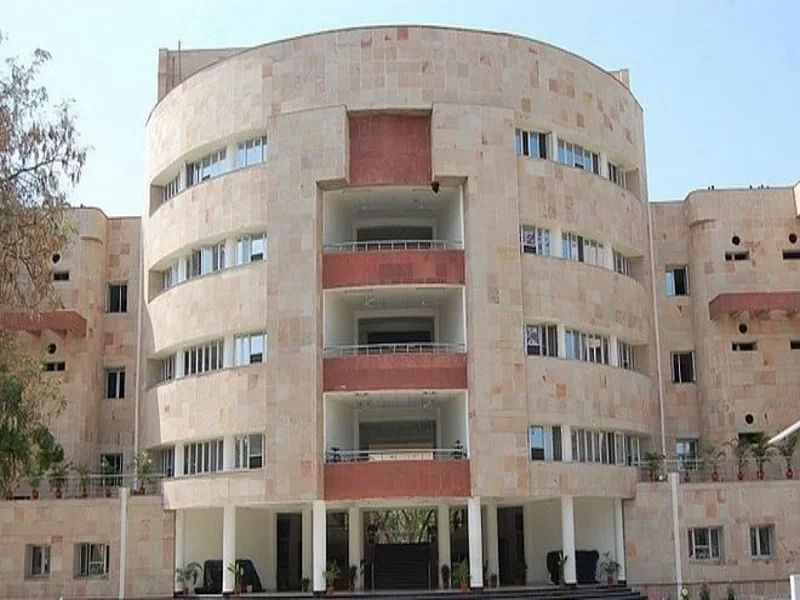
![Motilal Nehru National Institute of Technology, [MNNIT] Allahabad](https://media.getmyuni.com/azure/college-image/small/motilal-nehru-national-institute-of-technology-mnnit-allahabad.webp)
